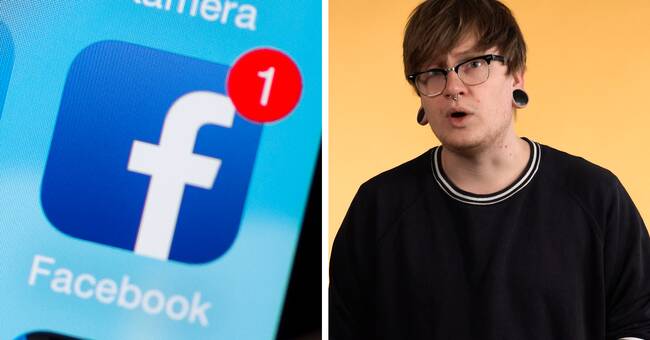The online magazine The Intercept has gained access to internal documents that are said to be used by the social media giant's moderators.
There is a list of over 4,000 names of individuals and organizations with politicians, writers, music groups, artists and long-dead historical figures that Facebook considers particularly dangerous.
Rewriting, or associating with material linked to the list, thus constitutes a violation of Facebook's community rules and can therefore lead to suspension from the platform, according to the online newspaper.
"Facebook puts its users in an almost impossible situation when they say they are not allowed to post posts about dangerous groups and individuals, but then refuse to publicly state who they consider dangerous," said Faiza Patel, vice president of Brennan Center Justice's Freedom and security software, which has reviewed the material, to The Intercept.
Get accounts suspended
The purpose of the list that was added in 2012, according to Facebook, has been to prevent terrorism and recruitment to violent terrorist organizations.
In principle, all current names are considered a threat to the United States or its allies.
But as the list has grown, other organizations and users have also been affected when they have had material removed and accounts closed when they have discussed various topics - without knowing why.
According to The Intercept's review, Facebook's policy is less harsh on comments about white power-related names on the list than on groups and terrorists with links to the Middle East, Southeast Asia, Islam and criminal gangs in the United States.
Not perfect
Brian Fishman, Facebook's policy director for counter-terrorism and particularly dangerous organizations, says in a written statement that the company tries to be as transparent as possible but that they also prioritize security, limit legal risks and prevent opportunities for groups to circumvent the rules.
He also rejects on Twitter the information from Intercept that right-wing extremist groups are treated more leniently.
"It's wrong.
Over 250 white power groups are judged by our most restrictive policy as hate groups.
It does not mean praise, support or representation ", writes Fishman.

